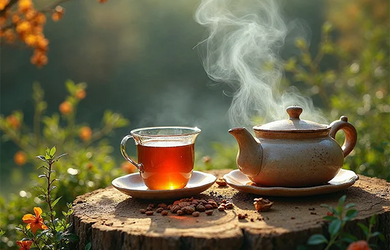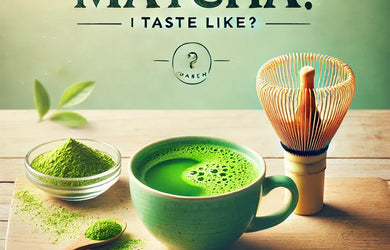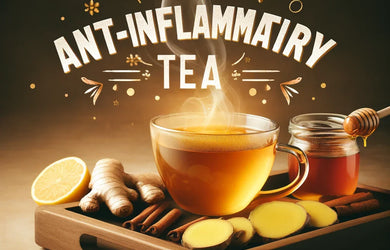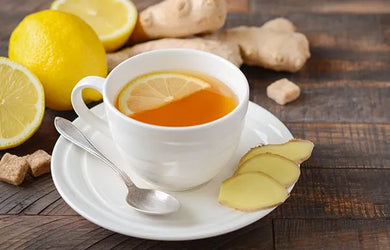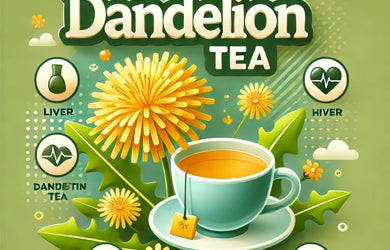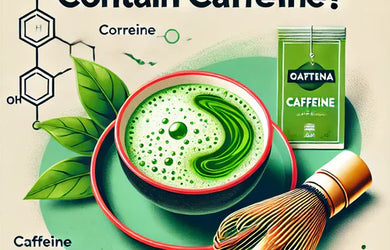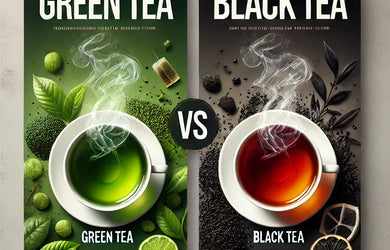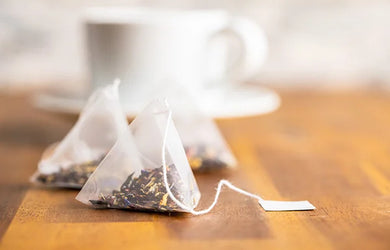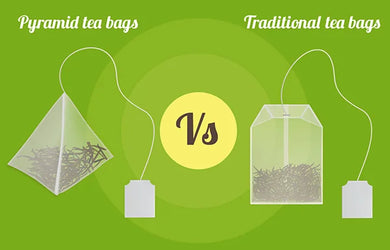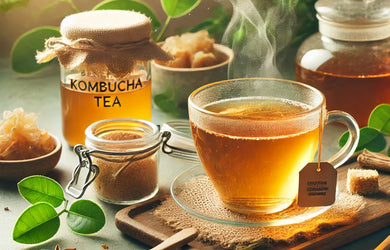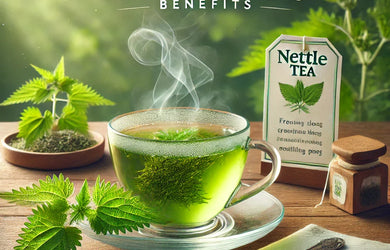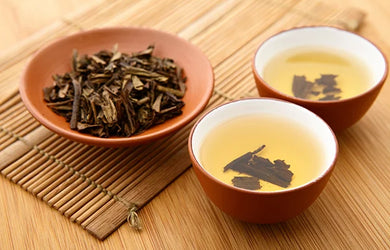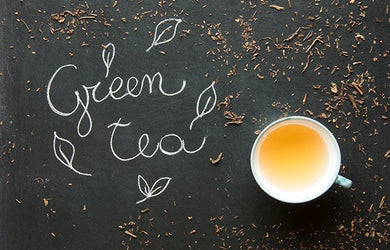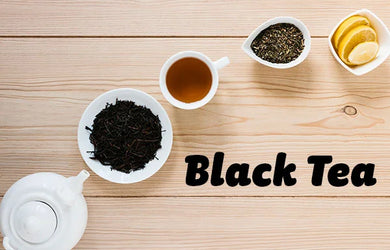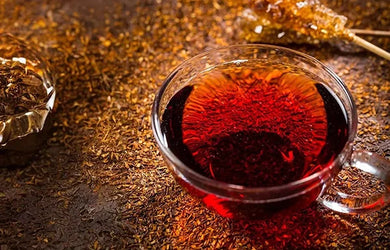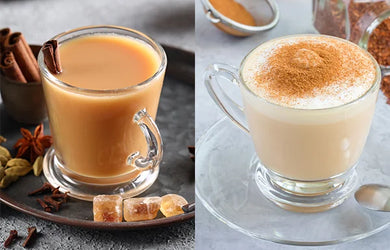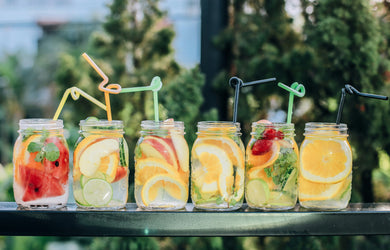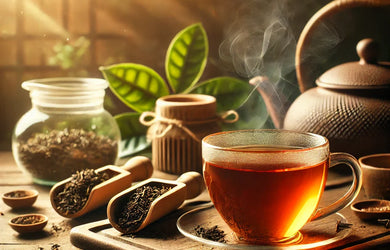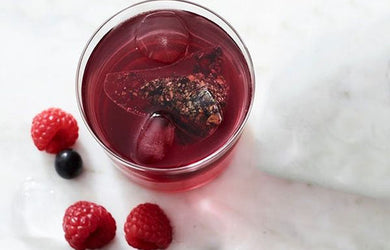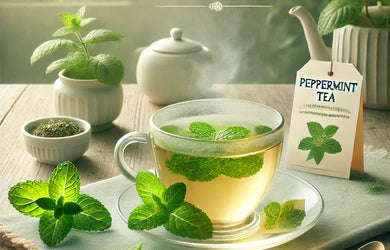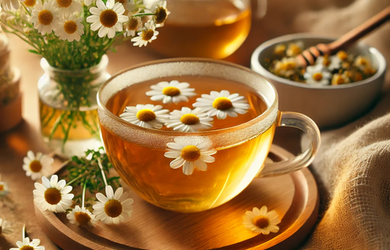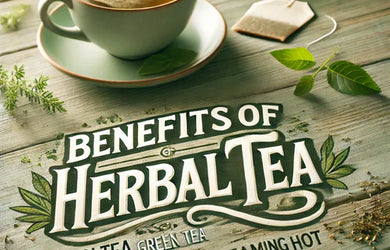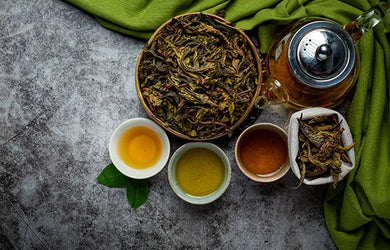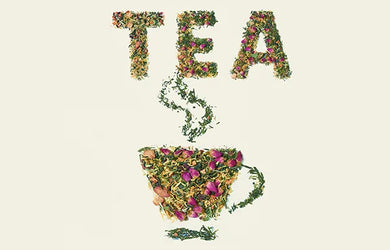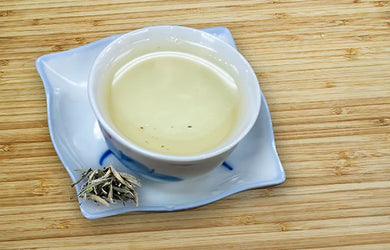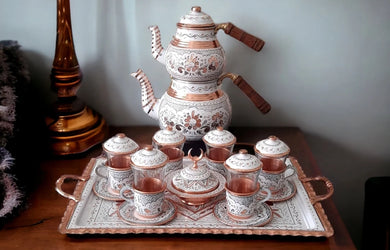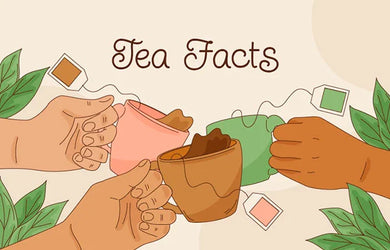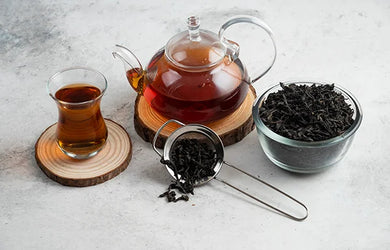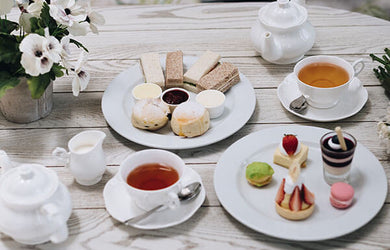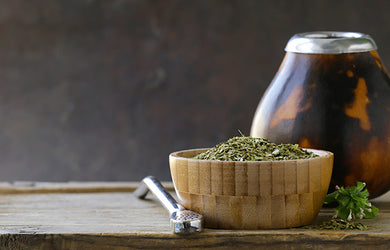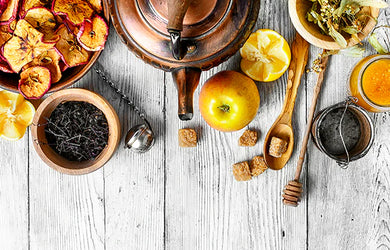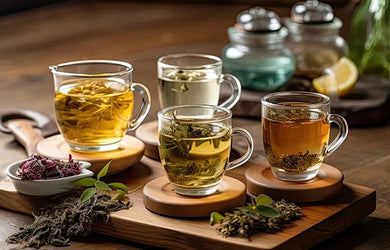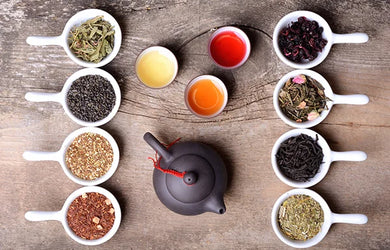it’s hard to miss that matcha is almost everywhere these days. that’s for a good reason! this green tea has been known for its outstanding profile and numerous health benefits. as a result, matcha has become a darling among wellness enthusiasts, fitness enthusiasts and busy professionals alike.
however, it’s natural to have questions before including matcha in your routine. the most common question is, “does matcha have caffeine?” once that’s clarified, the next one usually follows, “how much caffeine is in matcha tea?”. if these questions resonate with you, stick around as we dive into the answers and explore everything you need to know about this outstanding drink!

what is matcha?
matcha is a type of green tea made from tea leaves grown in the shade. this growing method enhances their flavour, colour and caffeine content. speaking of caffeine content, let’s answer the question – “does matcha have caffeine?”. yes, it does! we’ll get to the other question, “how much caffeine is in matcha tea?” shortly.
after the leaves are harvested, they’re steamed, dried and then ground into powder. matcha tea is made by whisking this powder into a liquid, unlike traditional green tea, where the leaves are steeped in hot water. this process helps matcha release outstanding nutrients and flavour – something that has fascinated tea enthusiasts globally.
if you’re wondering how it tastes, it’s a unique blend of earthy, grassy and slightly sweet notes – a profile that goes well in lattes, smoothies and baked goods.
what is caffeine?
now that we’ve answered the important question, “does matcha have caffeine?”, let’s understand what caffeine is and how it works! caffeine, as we all know, is the ultimate energy booster. it’s found in everything from coffee and tea to chocolate and energy drinks.
but where does caffeine come from, and how does it work? well…caffeine is a natural compound found in different parts of several plants grown globally. it's a (xanthine alkaloid) compound that has a stimulating effect on the central nervous system. it increases alertness and energy by blocking the action of a chemical (adenosine) that makes us feel tired.
when caffeine enters our system, it quickly gets to work, increasing heart rate, blood pressure and mental alertness. but with that kind of effect on our system, it’s important to understand how much caffeine is too much! and since we’re discussing matcha here, another question arises – “does matcha have caffeine in amounts safe for daily consumption?”. let’s explore that next.
how much caffeine is in matcha tea?
so, how much caffeine can you expect from a cup of matcha tea? the answer might surprise you. while matcha caffeine vs coffee is often considered less, the truth is that a cup of matcha can have caffeine levels similar to that of coffee.
now that leads us to a deeper question – “does matcha have caffeine content based on the amount of powder used to make a cup of tea?”. yes, it does! half a teaspoon (1g) of matcha powder contains about 44mg of caffeine. therefore, the more matcha powder you use to prepare your tea, the higher the caffeine content will be.
before you ask, “does matcha have caffeine content dependent on any other factors?” – let us clarify that it does! in addition to the amount of matcha powder used, the caffeine content can vary based on other factors. these include the quality of the matcha and the brewing method.
but even though the caffeine content is high, matcha’s caffeine does not usually have side effects. here’s food for thought – “does matcha have caffeine released optimally to prevent side effects?”. yes, it does! the caffeine in matcha is released slowly, delivering a continuous energy improvement that lasts for hours. this helps prevent the side effects associated with caffeine.
while matcha is not necessarily a low-caffeine option – especially if you're drinking multiple cups throughout the day – it’s interesting how the caffeine in matcha doesn’t usually lead to energy crashes.

matcha caffeine vs coffee: which is stronger?
when comparing matcha and coffee, caffeine content is a key factor. while both drinks offer an impressive energy boost, there are some key differences that you should consider.
· caffeine content: does matcha have caffeine content that’s less than coffee?
matcha: a typical cup of matcha (made with 2g matcha powder) contains around 80-100 milligrams of caffeine.
coffee: a regular cup of coffee usually contains around 85-120 mg of caffeine.
· absorption rate: does matcha have caffeine whose absorption is comparable to that of coffee?
matcha: there’s more to the story than just the numbers. thanks to l-theanine (an amino acid in matcha), caffeine is released more slowly into the bloodstream. this means matcha provides a smoother, more gradual boost in energy and focus that can last longer. this leads to a more persistent energy enhancement. even the jitters are reduced.
coffee: coffee, on the other hand, offers a different experience. the caffeine in coffee tends to be absorbed quickly. that means you get an almost immediate energy boost. but that can sometimes lead to a crash later on. it can lead to more noticeable side effects like anxiety or insomnia.
· other factors: does matcha have caffeine that’s dependent on serving size?
serving size: while a standard cup of matcha (made with 2g powder) and coffee may have similar caffeine content, larger serving sizes of coffee can significantly increase the caffeine intake.
individual tolerance: your response to caffeine can vary depending on several factors – such as overall health and tolerance levels.
health benefits of caffeine in matcha
so, does matcha have caffeine’s health benefits? yes, it does! the caffeine in matcha gives more than just an energy boost – it has several health benefits.
one of the biggest advantages is how it enhances mental focus and clarity. that’s possible because of the combination of caffeine and l-theanine (an amino acid). together, they help matcha deliver a calm and alert feeling that helps improve concentration. and that too, without the side effects often linked with caffeine. the steady release of caffeine in matcha supports sustained energy – something that can be instrumental in helping enhance physical performance and endurance.
is that all, or does matcha have caffeine benefits for metabolism? yes, it does! matcha may also support your metabolism. in addition to caffeine, matcha’s antioxidants are also helpful. antioxidants, like catechins, are known to improve metabolism and heart health. studies suggest matcha can help increase calorie burning and break down of fat.
well, that’s nice, but does matcha have caffeine’s health benefits beyond energy and metabolism? yes, it does! caffeine has also been linked to improvement in mood. by boosting the production of neurotransmitters (like dopamine and serotonin), matcha can contribute to mental health.
how to make matcha
making matcha tea is a simple process – with a few simple steps, you’ll have a bright green, energising cup of matcha ready to enjoy. to start, you’ll need matcha powder, a small bowl, hot water (not boiling) and a bamboo whisk (even a regular whisk is fine).
· prepare the matcha: measure out about ½ teaspoon of matcha powder – you can use the matcha scoop or any other teaspoon.
· whisk the matcha: place the matcha powder in the matcha bowl and add a small amount of hot water (approx. 1/3rd cup). now whisk the powder vigorously in a w-shaped (or zigzag) motion until the matcha is completely dissolved and frothy. you can use the matcha whisk or a regular one for this step.
· pour extra water: slowly add more hot water to the container. keep whisking continuously until the desired consistency is reached.
· enjoy: enjoy your matcha once it’s fully blended.
if you’re wondering how to make matcha latte, the process is just as easy. after whisking your matcha powder with hot water, simply heat and froth some milk. then pour it over your prepared matcha and stir. you can add any sweetener you prefer.
conclusion
so, we started with a couple of questions – “does matcha have caffeine?” and “how much caffeine is in matcha tea?” – which set the stage for understanding this outstanding green tea.
now that we’ve explored these questions, it’s clear that matcha not only contains caffeine but also delivers its benefits in a unique style. the energy boost it provides is slow and steady because of the slow absorption of caffeine in the blood. this explains why matcha is beneficial, even with its relatively high caffeine content, and why its popularity continues to rise.
ready to experience it for yourself? give matcha a try today!
faqs on does matcha have caffeine
q. is matcha higher in caffeine than coffee?
a. one gram of matcha contains about 44mg of caffeine. this means matcha caffeine vs coffee would be similar if 2g of matcha powder is used to make tea. however, the way caffeine is released differs between the two. due to the presence of l-theanine, matcha gives a more gradual energy boost, whereas coffee provides a quicker hit. however, there’s more to explore if you want a detailed answer to “does matcha have caffeine higher than coffee?”.
q. does matcha have more caffeine than green tea?
a. matcha is also a green tea, but it’s produced and consumed in a way that influences its caffeine content. its caffeine content is usually more than regular green tea. one cup of matcha (made using 2g powder) contains about 80-100 milligrams of caffeine, while a cup of brewed green tea usually has around 30 milligrams. this difference is due to the way matcha is prepared and consumed.
q. how much caffeine is in a cup of matcha tea?
a. a cup of matcha tea generally contains about 80-100 milligrams of caffeine per serving. this is roughly one teaspoon (2g) of matcha powder mixed with hot water. this amount can vary slightly based on the quality of the matcha and how it's prepared. unlike brewed teas, where the leaves are steeped and discarded, you consume matcha powder prepared from tea leaves. basically, you consume the entire leaf. this means you consume a drink with a higher caffeine content.
q. how much caffeine is in 1 teaspoon of matcha?
a. one teaspoon of matcha powder, which is about 2 grams, has around 80-100 milligrams of caffeine. this can change a bit depending on the type of matcha you use. some high-quality matcha powders can contain higher caffeine per teaspoon. however, it's important to note that the caffeine in matcha is absorbed more slowly than the caffeine in coffee. this means a more sustained energy boost.











